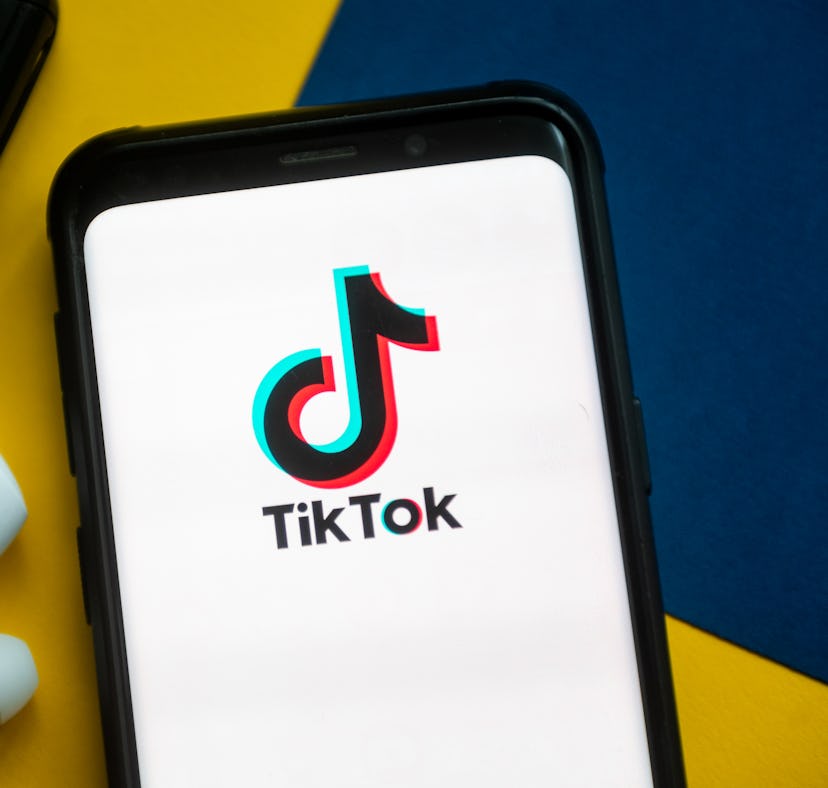
TikTok Officially Banned Deadnaming & Misogyny On The App
It’s about time.
TikTok is making some much-needed updates to their community guidelines. On Feb. 8, a rep for the ap announced that they would be taking major steps to make the platform safer. Under these new regulations, the app will ban deadnaming, misgendering, misogyny, and the promotion of conversion therapy (as it should). Previously, the app banned hateful behavior and ideologies; this update provides more specific guidelines.
TikTok’s decision came after the app received feedback from “creators and civil society organizations” about the importance of explicitly banning this type of content. Back in Nov. 2021, UltraViolet, a national gender justice advocacy group, organized an open letter to call on social media platforms, including TikTok, with “a set of model platform policies to address misogyny and its impacts across social media platforms.” It was signed by over 75 groups, including GLAAD.
In a press release, Cormac Keenan, TikTok’s Head of Trust and Safety, outlined the update:
Adding clarity on the types of hateful ideologies prohibited on our platform. This includes deadnaming, misgendering, or misogyny as well as content that supports or promotes conversion therapy programs. Though these ideologies have long been prohibited on TikTok, we've heard from creators and civil society organizations that it's important to be explicit in our Community Guidelines. On top of this, we hope our recent feature enabling people to add their pronouns will encourage respectful and inclusive dialogue on our platform.
It’s critically important for TikTok to explicitly ban these types of hate speech and harmful behaviors. Sarah Kate Ellis, GLAAD President and CEO, explained, “When anti-transgender actions like misgendering or deadnaming, or the promotion of so-called ‘conversion therapy,’ occur on platforms like TikTok, they create an unsafe environment for LGBTQ people online and too often lead to real world harm.”
By banning those words and actions on the platform, then, the app (and these organizations) are aiming to establish a safer space on the internet — one that will hopefully make the non-virtual world safer for LGBTQ communities, as well. “TikTok’s move to expressly prohibit this harmful content in its Community Guidelines and to adopt recommendations made in GLAAD’s 2021 Social Media Safety Index raises the standard for LGBTQ safety online and sends a message that other platforms which claim to prioritize LGBTQ safety should follow suit with substantive actions like these,” Ellis added.
Bridget Todd, Communications Director at UltraViolet, agreed. “We applaud TikTok for responding effectively to our recommendations and implementing them into an updated, more protective user policy. Even so, it’s clear social media platforms have a long way to go across the board.” (If you were curious, at the time of publication, Twitter is the only other major social media platform to have a similar policy concerning deadnaming and misgendering.)
Here’s hoping more start to follow in their footsteps.